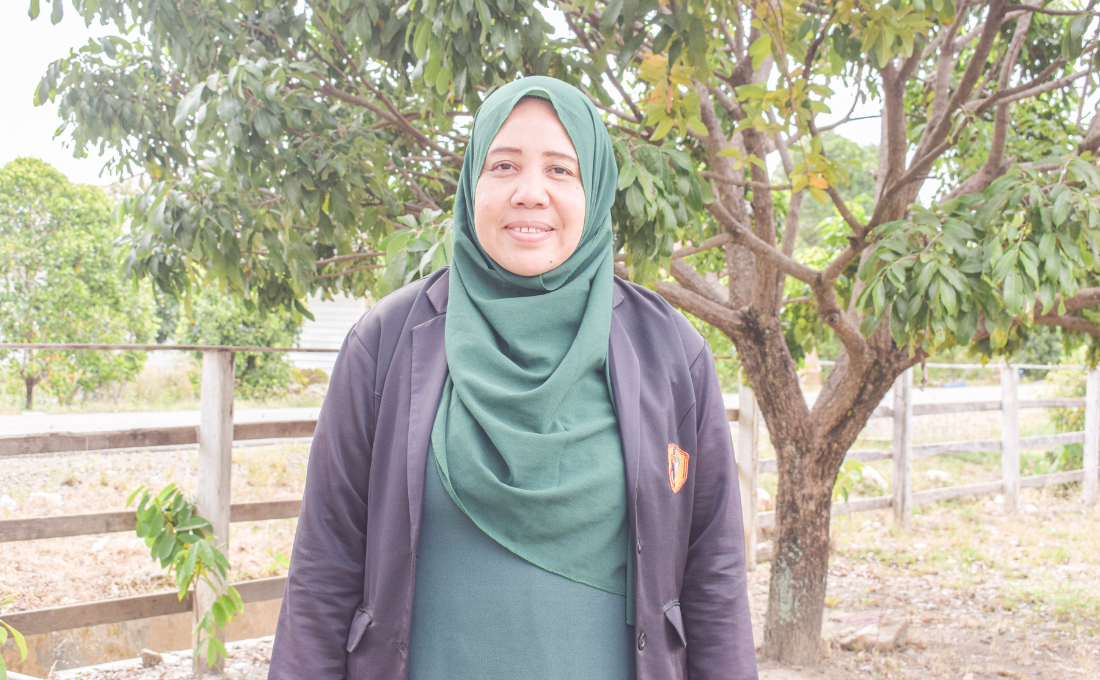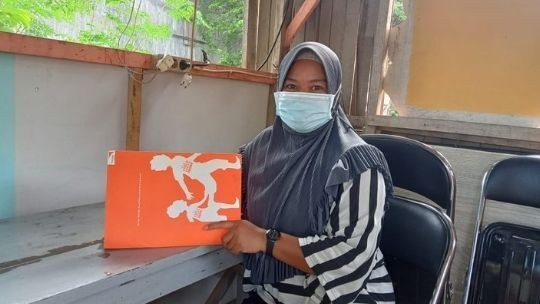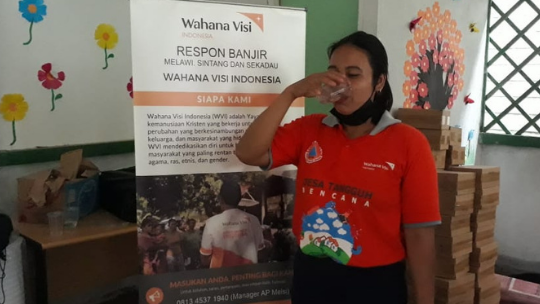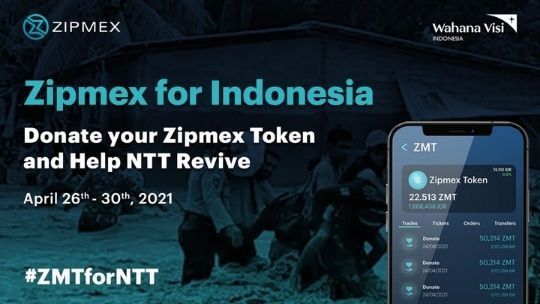Women Against Violence: The Story of Rosmini and PATBM Activists in East Kolaka

Women, having experienced violence themselves, can deeply understand its destructive impact on lives. However, it is often women who engage in gossip and judgment when cases of violence against children or other women occur in their surroundings. This behavior can discourage survivors from reporting cases and seeking legal action, leading to a lack of psychosocial support and a resolution of cases solely within the family.
In 2022, a staggering 32,687 women in Indonesia became survivors of violence. This number does not include the vast number of unreported cases. Among these female survivors, 54% are girls aged 0-17. These young girls are particularly vulnerable, as reporting cases often requires the involvement of their mothers or fathers. Additionally, children may be hesitant to report due to the lack of regulations in their environment that guarantee their safety when cases are pursued legally.
"I am deeply saddened by the ongoing cases of violence against children in my community and across Indonesia," expressed Rosmini, a cocoa farmer from Kolaka Timur Regency, Southeast Sulawesi. She is one of the cocoa farmers who received support from the Cocoa Life program, a collaboration between WVI and Mondelez International. Through this program, Rosmini gained training on child protection, including prevention and handling of child labor cases in cocoa plantations. Rosmini and Mondelez International aspire for all cocoa harvested in Kolaka Timur Regency to be free from child labor involvement.
As a woman and a mother, Rosmini has witnessed countless cases of violence against children and women that remain hushed within the village. However, driven by her role as a Community-Based Integrated Child Protection Activist (PATBM), she recognized that this silence could no longer be tolerated.
"In Kolaka Timur Regency, reporting and data collection on cases are suboptimal due to the prevailing stigma surrounding these issues, making it difficult to uncover cases of violence in the village," explained Rosmini. She further elaborated, "Moreover, children in the village are now heavily exposed to gadgets, often encountering harmful content. On the other hand, PATBM operations in the village still lack regulations from the central government."
The resolution of child protection and women's issues in the village struggles to keep pace with the accumulating impact of violence. Beyond the physical harm caused by injuries, survivors of violence endure severe psychological trauma that can create a domino effect within their communities. "They may experience psychological distress, find it difficult to trust others, struggle to build relationships, become perpetrators of violence themselves, and face financial, time, and freedom losses," Rosmini explained.
Inspired by the realities she witnesses daily, Rosmini and other PATBM activists in the village swiftly and consistently took action to prevent and address cases of violence. "My dream is for these children to live freely and intelligently, to be able to create and innovate, and to always be protected from all forms of violence and discrimination," she expressed. To realize this dream, Rosmini recognized that she, as a woman, must take the lead in child protection initiatives in the village. She organized a series of socialization and education programs on child protection in the village and schools. Her training covered topics such as children's rights, the impact of violence on children, and the limitations of activities that children are allowed to do when assisting their parents in cocoa plantations.
Rosmini and other activists also advocated for the allocation of Village Fund budgets for child protection awareness activities. Notably, she also provided support and handled cases of violence against children through established legal channels.
Beyond the strategic actions Rosmini undertook, she also envisioned a role for every woman in the village, starting from home. "We can start by restoring the function of the family. Mothers are the first teachers for their children. They are the role models for building good communication among family members. Mothers also need to become more sensitive to what is happening in their surroundings," Rosmini emphasized. This would enable girls to have open communication with their fathers and boys with their mothers. Child protection issues could become topics of conversation at the dinner table or in the family room. Topics that were once considered taboo could be openly discussed to ensure the well-being of children in the village.
Rosmini's role in Kolaka Timur has opened up numerous opportunities and hopes for children in her village. A woman who works as a cocoa farmer every day has been able to make a difference for other children and women. Despite being in a rural area, these child protection efforts have proven effective and have contributed to a reduction in the number of violence survivors in Indonesia.
The story of Rosmini and the PATBM activists demonstrates that women can be powerful agents of change in protecting children from violence. With determination, concrete action, and collaboration, women can create a safer and more prosperous future for the next generation.
Author: Mariana Kurniawati (Communication Executive)



